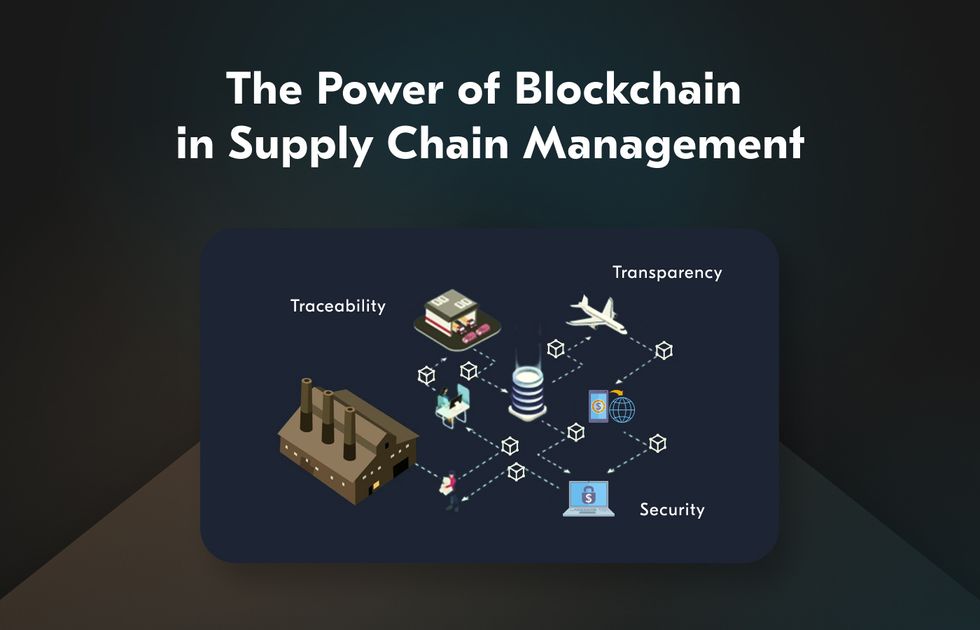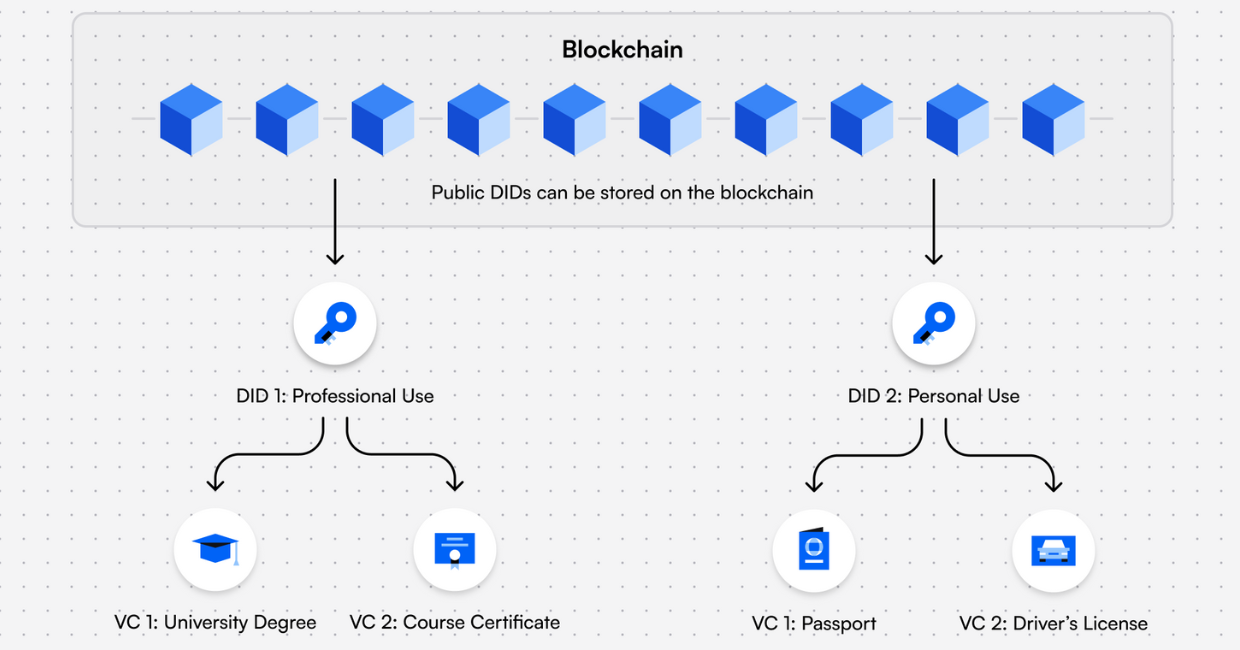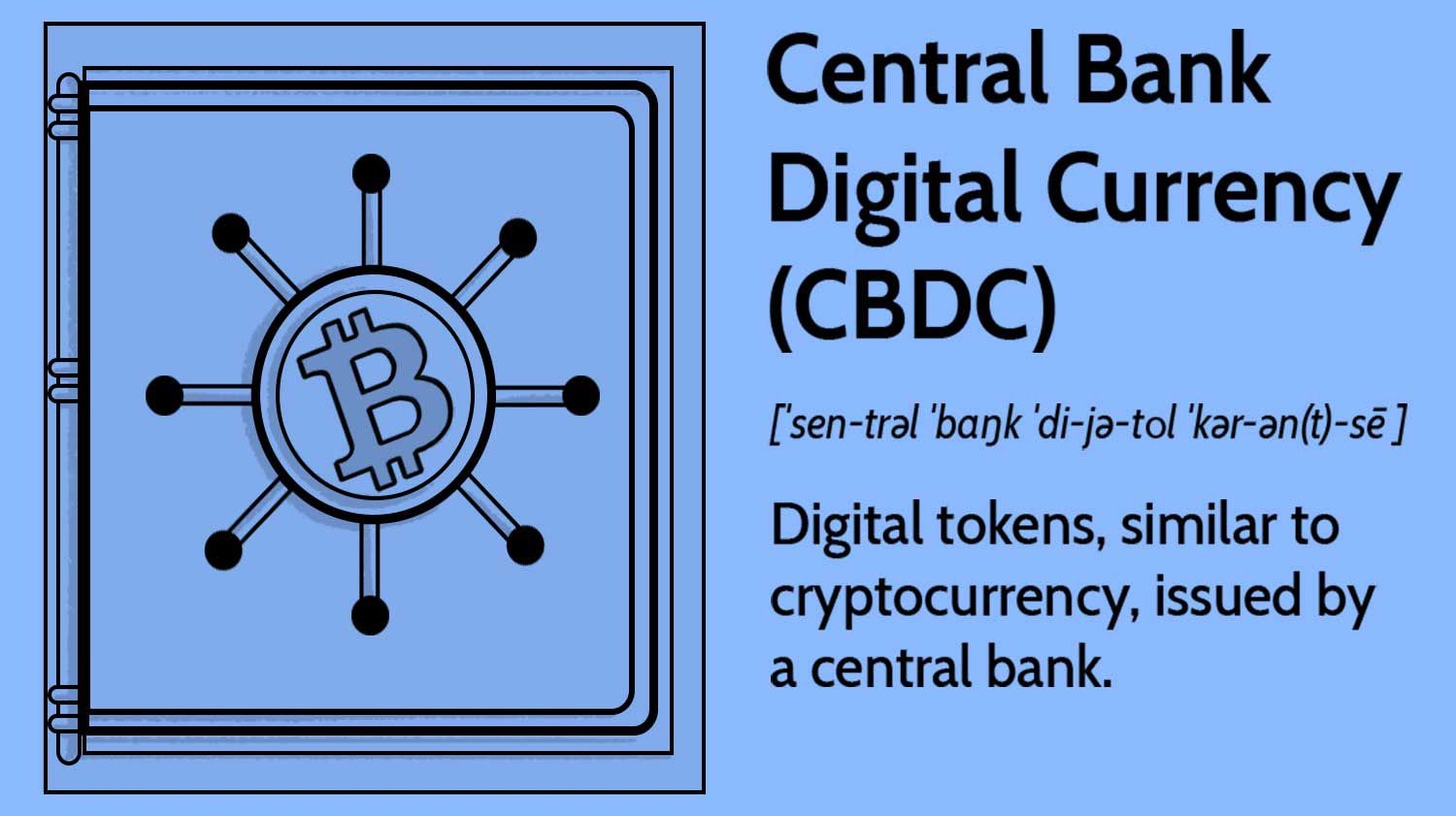
Blockchain Beyond Cryptocurrency: Real-World Applications
Blockchain is revolutionizing industries beyond finance, from supply chains to voting.When I first encountered blockchain technology, I was skeptical. Like many, I associated it solely with Bitcoin and other cryptocurrencies. But a few years ago, while touring a state-of-the-art warehouse, I witnessed how blockchain was transforming supply chain management. That's when I realized: we've only scratched the surface of blockchain's potential.
Blockchain is far more than the technology underpinning digital currencies. At its core, it's a decentralized, immutable ledger that ensures transparency and security across a network of participants. Think of it as a digital chain of blocks, each containing verified information that can't be altered without consensus from the entire network. This simple yet powerful concept is revolutionizing industries far beyond finance.
Supply Chain Management: Tracing Products from Source to Shelf
One of the most promising applications of blockchain is in supply chain management. In my experience working with global retailers, the ability to track products from their origin to the consumer has always been a significant challenge. Blockchain is changing that.
Take Walmart, for instance. They've implemented a blockchain-based system to trace the journey of their produce. In the event of a food safety issue, what once took days to track now takes seconds. Imagine being able to pinpoint the exact farm where contaminated lettuce came from in just 2.2 seconds. That's not just impressive; it's potentially life-saving.

But it's not just about food safety. Blockchain in supply chains can:
- Reduce fraud by ensuring the authenticity of products
- Improve efficiency by streamlining documentation processes
- Ensure ethical sourcing by providing transparency in every step of production
From what I've observed in the industry, companies implementing blockchain in their supply chains are seeing reduced costs, improved traceability, and increased consumer trust.
Voting Systems: Securing Democracy in the Digital Age
Now, let's talk about something close to my heart: voting systems. As someone who's always been passionate about civic engagement, I've often wondered how we could make voting more secure, transparent, and accessible. Blockchain might just be the answer we've been looking for.
Imagine a voting system where every vote is recorded on a public ledger, impossible to tamper with, yet maintaining the voter's privacy. It sounds like something out of a sci-fi novel, doesn't it? But it's becoming a reality.
Several countries and organizations are experimenting with blockchain-based voting systems. Estonia, a pioneer in digital governance, has been testing blockchain for shareholder voting. Sierra Leone conducted a blockchain-based election in 2018, becoming one of the first nations to do so.
The potential benefits are enormous:
- Enhanced transparency: Every vote is recorded and can be verified without revealing the voter's identity
- Increased security: The decentralized nature of blockchain makes it extremely difficult to hack or manipulate
- Improved accessibility: Voters could potentially cast their ballots from anywhere, increasing participation
Of course, it's not without challenges. Questions about voter privacy, digital divide, and the potential for new types of election fraud need to be addressed. But from what I've seen, the potential benefits far outweigh the risks.
Digital Identity Verification: Putting You in Control
Have you ever felt frustrated having to prove your identity over and over again? Or worried about your personal information being stored in countless databases? Blockchain-based digital identity systems could be the solution.
The concept of self-sovereign identity, where individuals have complete control over their digital identities, is gaining traction. Projects like Sovrin and uPort are leading the charge, creating blockchain-based identity systems that put users in control.

In my experience working on a blockchain identity project, I've seen firsthand how this technology can revolutionize everything from financial services to healthcare. Imagine being able to:
- Share only the necessary information for each transaction
- Have a single, secure digital identity for all your online interactions
- Control who has access to your personal data and for how long
The implications are profound. For financial services, it could mean faster, more secure KYC processes. In healthcare, it could enable seamless sharing of medical records while maintaining patient privacy. For government services, it could streamline everything from passport applications to social benefits distribution.
Challenges and Future Outlook
Of course, blockchain isn't without its challenges. Scalability remains a significant hurdle, with many blockchain networks struggling to handle large transaction volumes. Energy consumption is another concern, particularly for proof-of-work systems like Bitcoin. And let's not forget the regulatory and standardization challenges that come with any disruptive technology.
But I'm optimistic. As someone who's been in this space for years, I've seen remarkable progress. We're moving towards more energy-efficient consensus mechanisms. Scalability solutions like sharding and layer-2 networks are showing promise. And governments are starting to develop regulatory frameworks for blockchain technology.
Looking ahead, I'm excited about the potential integration of blockchain with other emerging technologies. Imagine IoT devices automatically executing smart contracts, or AI systems analyzing blockchain data to predict supply chain disruptions. The possibilities are endless.
In conclusion, blockchain is much more than just the technology behind Bitcoin. It's a powerful tool that has the potential to reshape industries, enhance transparency, and put individuals in control of their digital lives. As we continue to explore and develop this technology, I believe we'll see even more innovative applications emerge.
So, the next time someone mentions blockchain, don't just think about cryptocurrency. Think about secure voting systems, transparent supply chains, and self-sovereign digital identities. Because that's where the real revolution is happening.
References
- https://www.mdpi.com/2073-431X/13/1/27
- https://www.simplilearn.com/promising-uses-of-blockchain-article
- https://www.linkedin.com/pulse/blockchain-beyond-cryptocurrency-innovations-neha-faisal
- https://appinventiv.com/blog/blockchain-beyond-cryptocurrencies/
5G and IoT: The Convergence Reshaping Smart Cities






Comments
Blockchain technology is proving to be so much more than just the backbone of cryptocurrencies. Its potential applications in supply chain management, voting systems, and even healthcare are truly revolutionary. I’m excited to see how it will reshape various industries.
Leave a Comment